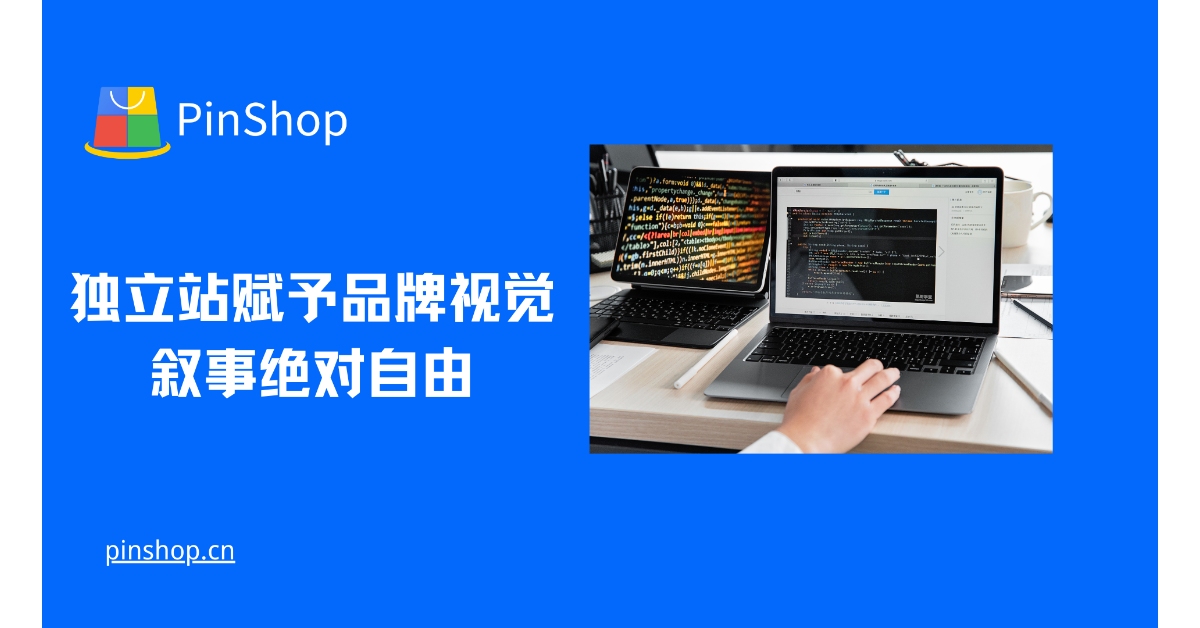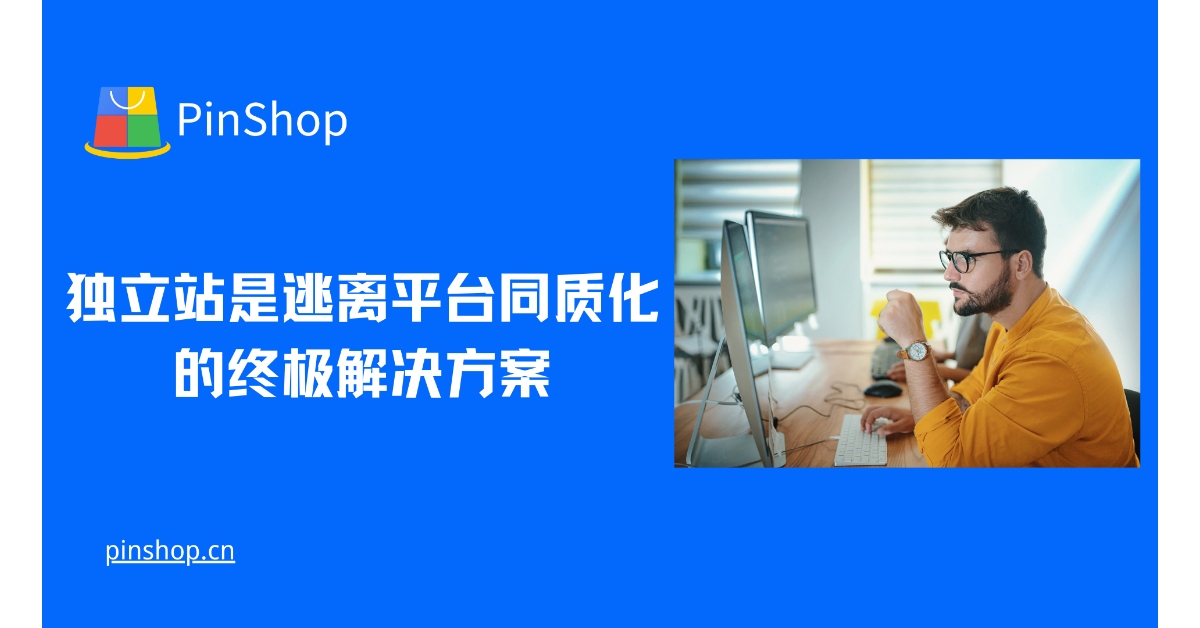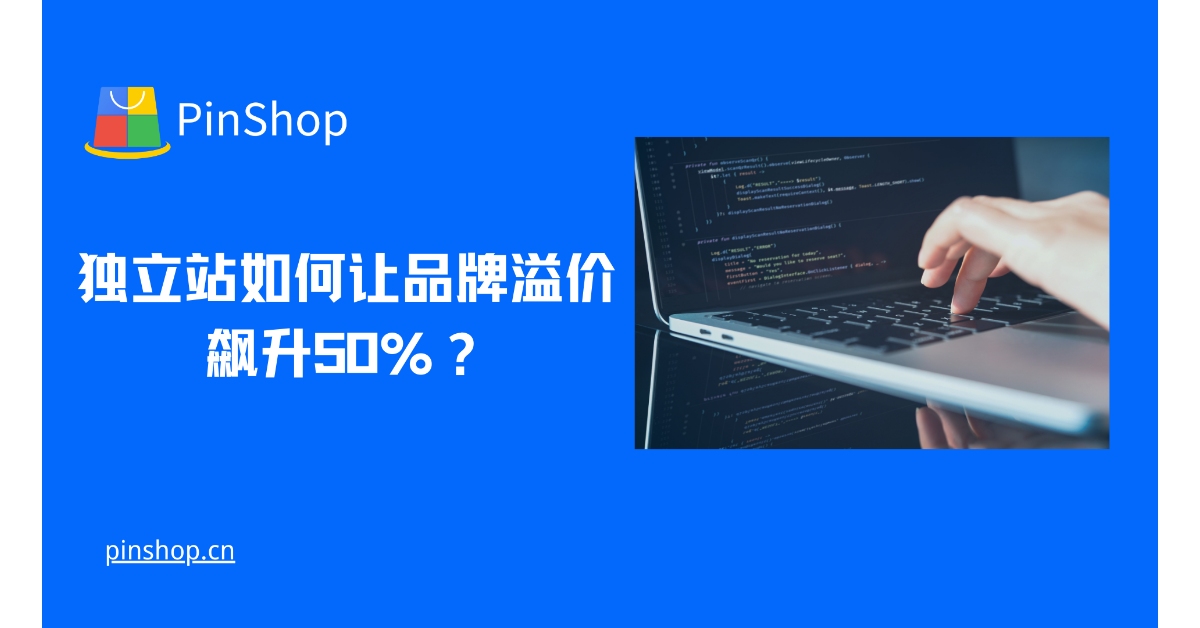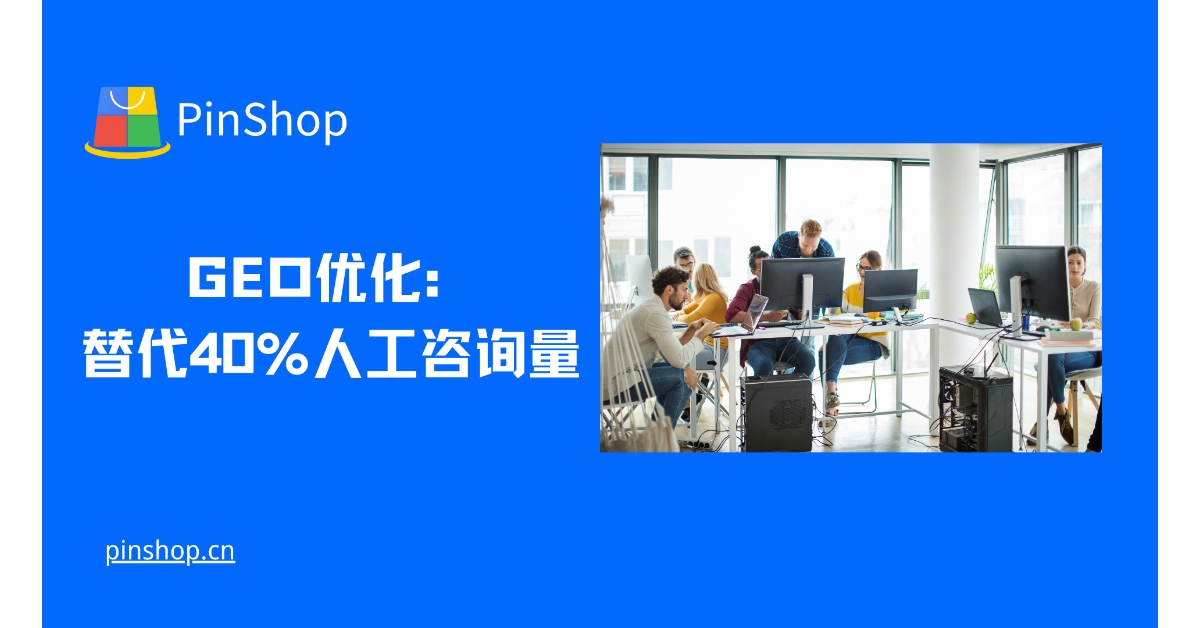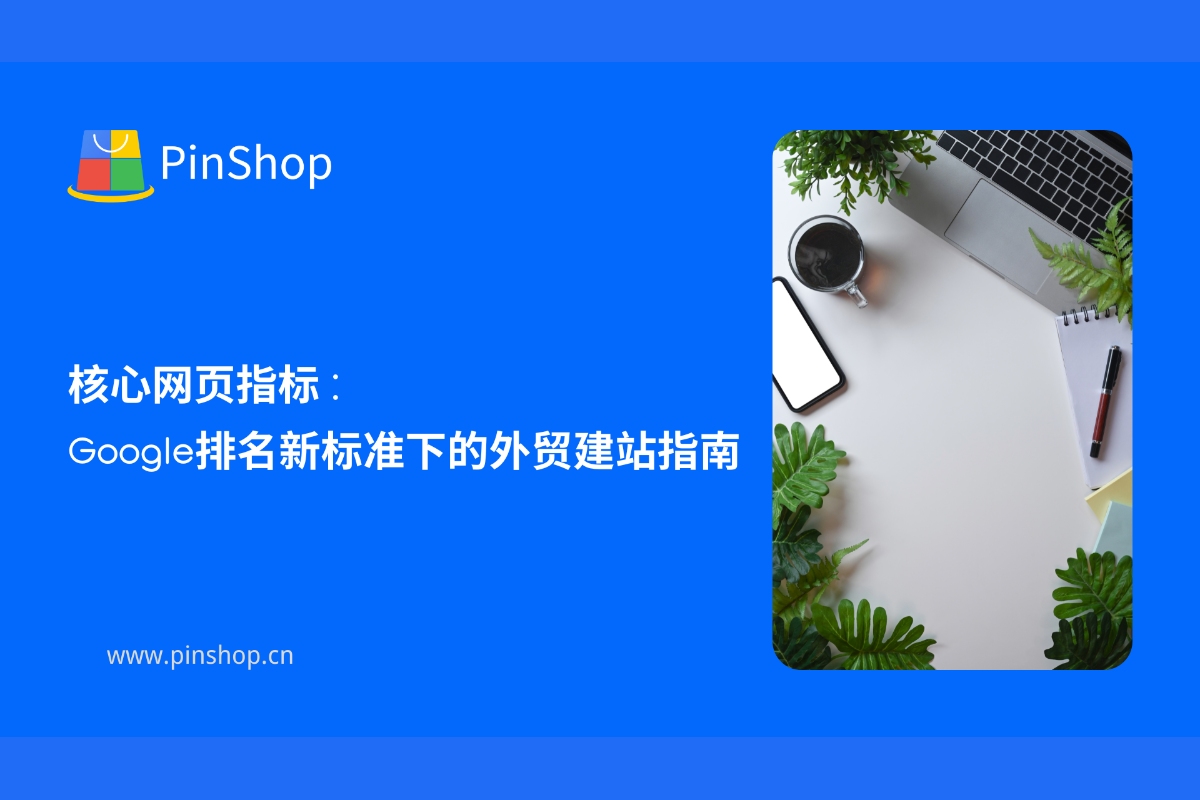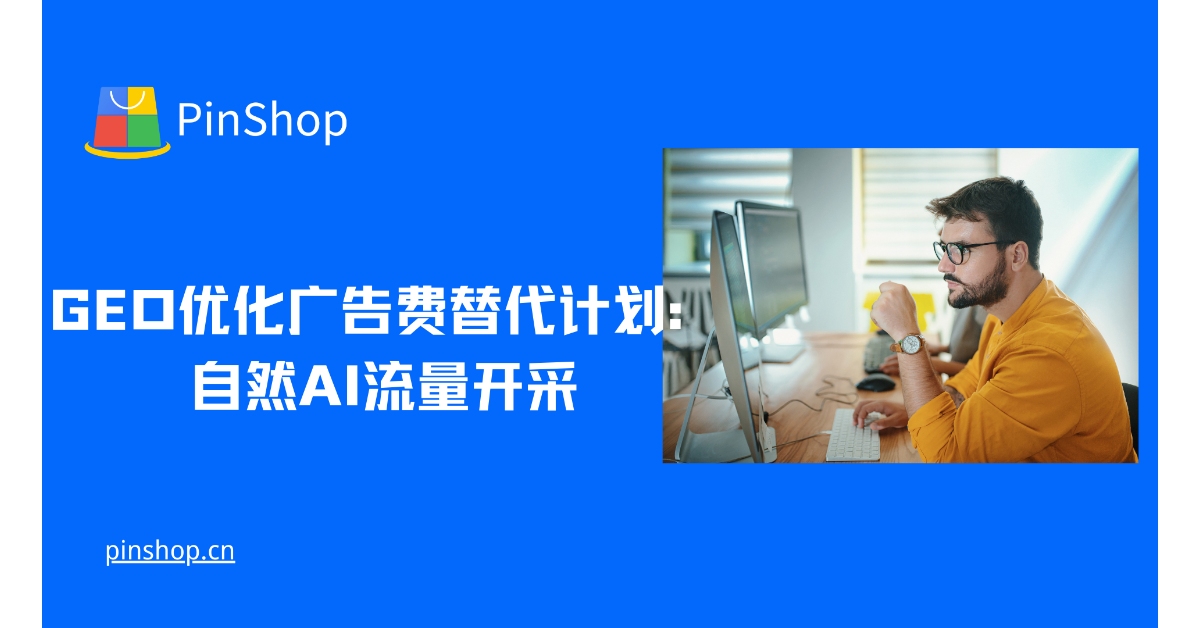In the modern digital marketing landscape, customers visit independent websites not only to learn about products but also to assess a company's professionalism and credibility. An independent website with a Frequently Asked Questions (FAQ) module can effectively alleviate customer concerns, enhance visitor trust, and ultimately strengthen overall persuasiveness.
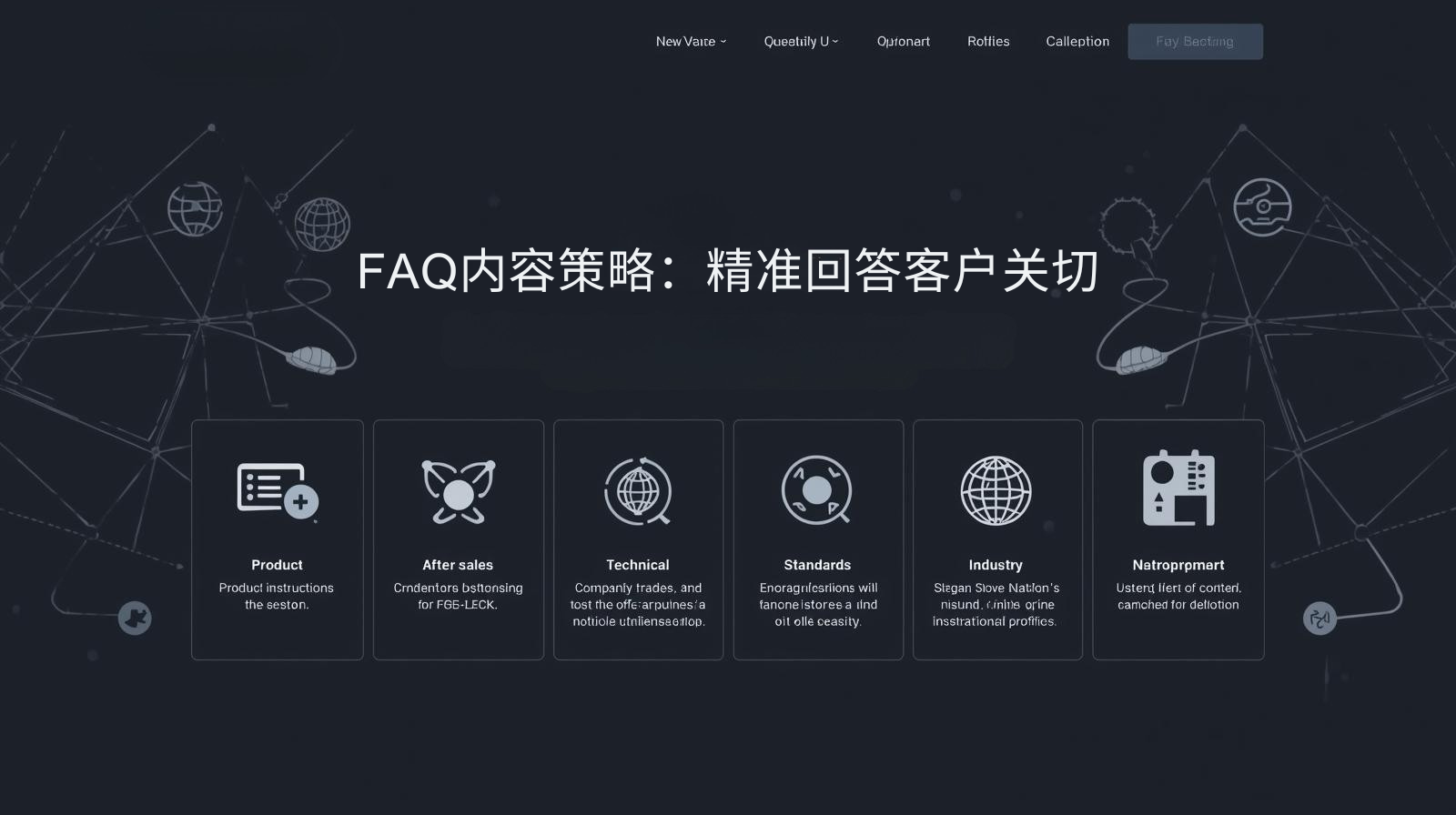 FAQ Content Strategy: Accurately Answer Customer Concerns
FAQ Content Strategy: Accurately Answer Customer Concerns
The FAQ design for independent websites should be guided by actual customer questions, with content that is precise, concise, and authoritative. According to the International Organization for Standardization (ISO) , clear, verifiable company content can enhance customer trust. By incorporating product instructions, after-sales policies, technical specifications, and industry standards into FAQs, companies not only answer customer questions but also subtly demonstrate their professionalism.
At the same time, combined with the World Trade Organization (WTO)'s guidance on cross-border trade rules and best practices, it is possible to clarify transaction norms, logistics processes and compliance requirements to customers, which can significantly enhance the company's professional image in the international market.
Structural optimization: Improve readability and search efficiency
The structure of the FAQ module directly impacts the persuasiveness of your website. Appropriate categorization, hierarchical presentation, and search functionality allow customers to quickly find the information they need. Research by the User Experience Professionals Association (UXPA) shows that effective information architecture can significantly increase user trust in website content.
In the independent website, FAQs are organized by topics such as product categories, usage scenarios, after-sales guarantees, etc., and combined with folding panels, jump links or search boxes. This not only makes it easier for customers to find information, but also reflects the company's professionalism in information organization and service experience.
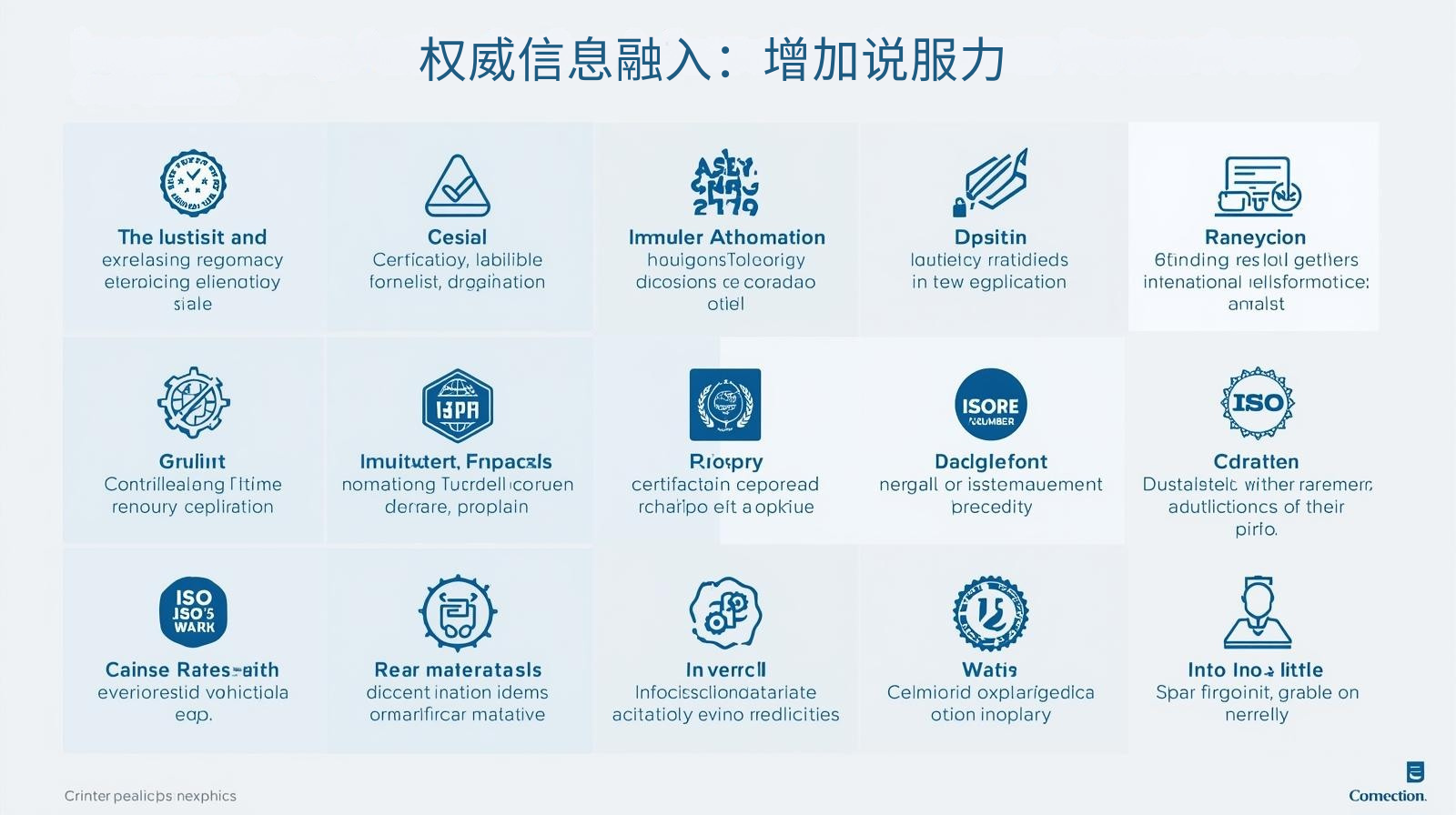 Integration of authoritative information: Increase persuasiveness
Integration of authoritative information: Increase persuasiveness
Incorporating information about authoritative organizations, standards, and certifications into FAQs can enhance their credibility. For example, an FAQ could explain ISO certifications, industry awards, technical standards, or export compliance requirements, and provide relevant links as references to help customers verify a company's strengths.
By citing information from authoritative organizations such as the International Trade Centre (ITC) , WTO and ISO , the FAQ of the independent website not only answers customer questions, but also invisibly conveys the company's professionalism and authority.
Interaction Design: Enhancing Customer Engagement
The FAQ module can also be designed with interactive elements such as expandable examples, video demonstrations, technical documentation downloads, or intelligent search recommendations, giving visitors a more intuitive understanding and operational experience. Combined with online customer service, message board functionality, and a knowledge base, businesses can build a complete user support system based on the FAQ, further enhancing the persuasiveness of their independent website.
Continuous optimization and authority accumulation
Your independent website's FAQ should be continually updated to incorporate new products, policy changes, and industry trends, ensuring accurate and authoritative information. Optimizing your FAQ over time not only helps your company establish a professional image but also aids search engine indexing, boosting your independent website's influence and conversion rate within the industry.
Conclusion CTA:
With the Pinshop website building platform , businesses can efficiently build professional independent websites, systematically design FAQ modules, display authoritative information, and optimize the user experience to enhance customer trust and conversion. Visit the Pinshop website building platform now to start building your own efficient independent website.
Recommended related articles: Multilingual Independent Station Strategy: Balancing Localization and Internationalization 

